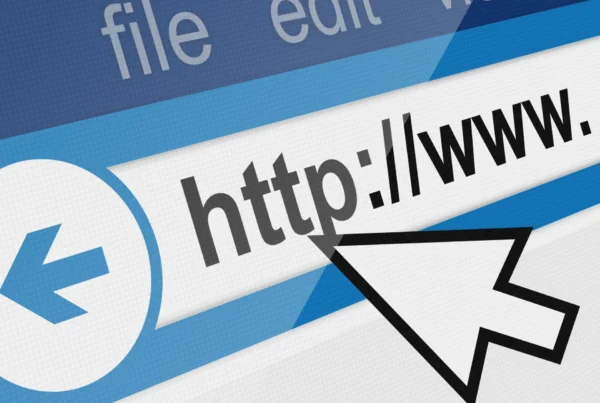Influencer marketing has come a long way since its early days, evolving from a niche strategy to a mainstream component of digital marketing campaigns. This blog post will explore the journey of influencer marketing, from its humble beginnings to its current state, and discuss the key trends and challenges shaping its future.
The Early Days of Influencer Marketing
The concept of influencer marketing can be traced back to the early days of the internet, when individuals with a large following began to use their online platforms to promote products and services. Initially, these influencers were primarily bloggers and podcasters who built their audiences through content creation and community engagement.
The Rise of Social Media
The emergence of social media platforms like Facebook, Twitter, Instagram, and YouTube revolutionized the influencer marketing landscape. These platforms provided influencers with powerful tools to connect with their audiences and monetize their content. As social media usage grew, so too did the number and influence of online influencers.
The Micro-Celebrity Era
In the early 2010s, a new breed of influencers emerged: the micro-celebrity. These individuals were able to build large followings on social media platforms by sharing their personal lives and interests with their audience. Micro-celebrities often had a more authentic and relatable appeal than traditional celebrities, making them attractive partners for brands looking to reach specific demographics.
The Rise of Influencer Marketing as a Mainstream Strategy
As the influence of social media influencers continued to grow, brands began to recognize the potential of influencer marketing as a powerful marketing tool. Influencer campaigns became more sophisticated and targeted, with brands working with influencers who aligned with their brand values and target audience.
Key Trends in Influencer Marketing
The Rise of Micro-Influencers: While macro-influencers with millions of followers remain popular, micro-influencers with smaller but highly engaged audiences are becoming increasingly valuable. Micro-influencers often have a more niche following and can provide a more authentic and personalized endorsement.
The Importance of Authenticity: Consumers are becoming more discerning and are increasingly demanding authenticity from influencers. Brands must work with influencers who genuinely believe in the products or services they are promoting.
The Growth of Influencer Marketing Platforms: A number of influencer marketing platforms have emerged to connect brands with influencers and facilitate campaigns. These platforms streamline the process of finding and working with influencers, making influencer marketing more accessible to businesses of all sizes.
The Integration of Influencer Marketing with Other Digital Marketing Channels: Influencer marketing is no longer a standalone strategy. Brands are integrating influencer marketing with other digital marketing channels, such as search engine optimization (SEO), pay-per-click (PPC) advertising, and content marketing, to create a more comprehensive and effective marketing strategy.
Challenges and Opportunities in Influencer Marketing
Despite its growth and popularity, influencer marketing is not without its challenges. Some of the key challenges facing the industry include:
Influencer fraud and fake followers: The prevalence of fake followers and bot accounts can make it difficult for brands to accurately assess an influencer’s reach and engagement.
Ethical concerns: The use of influencers to promote potentially harmful products or services raises ethical concerns.
Measuring ROI: Quantifying the return on investment (ROI) of influencer marketing campaigns can be challenging.
The saturation of the influencer market: With so many influencers vying for attention, it can be difficult for brands to stand out and find the right influencers for their campaigns.
Despite these challenges, influencer marketing remains a powerful tool for brands looking to reach and engage their target audience. By understanding the evolution of influencer marketing and staying up-to-date on the latest trends, businesses can leverage this strategy to achieve their marketing goals.



